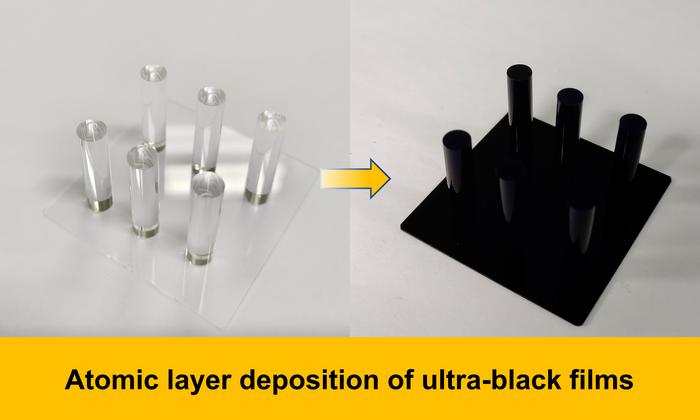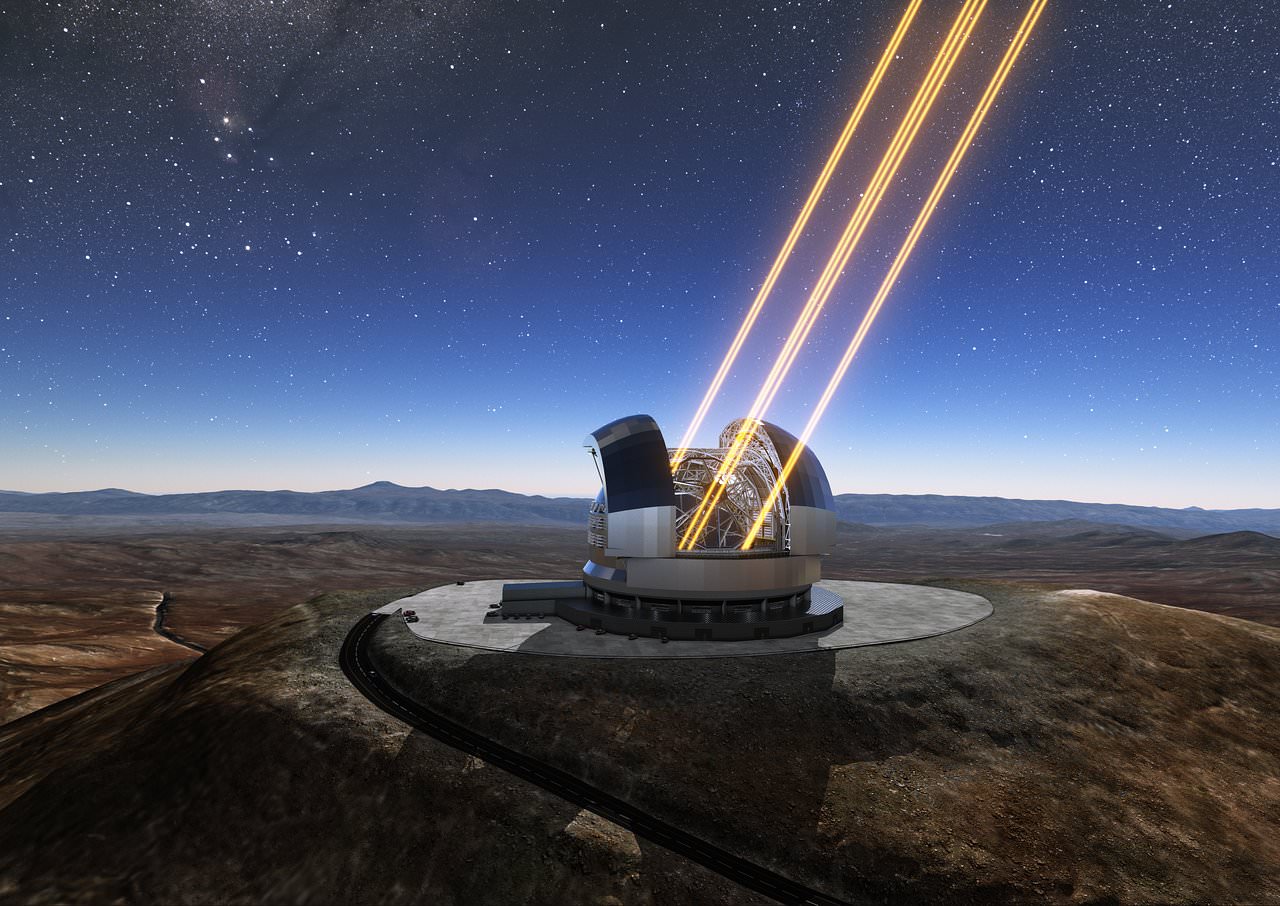If you, like me, have dabbled with telescope making you will know what a fickle friend light can be. On one hand you want to capture as much as you can (but only from the object, not from nearby lights) and want to reflect or refract it to the point of observation or study. What you most certainly don’t want is stray light to be bounced around inside the telescope so components (except the mirror!) are sprayed as black as possible. Unfortunately black paints tend to be quite susceptible to damage and struggle to cope with the harsh conditions and cold temperatures telescopes are subjected to. A team has recently developed a new atomic-layer deposition method which absorbs 99.3% of light and is durable too.
Continue reading “Ultrablack Coating Could Be Ideal for Telescopes”Ultrablack Coating Could Be Ideal for Telescopes


